Keywords: Grounds For Hope
-

INTERNATIONAL
- Ken Haley, David Halliday
- 31 October 2024
1 Comment
In the most bitter of election seasons in America, thousands of votes will be won and lost by seeking to protect the civil rights of Israelis and Palestinians alike, although any kind of lasting peace will require greater effort than any U.S. political party has yet devoted to it.
READ MORE 
-

AUSTRALIA
- Kerry Murphy
- 05 July 2024
There is no doubt that laws for determining refugee status and onshore protection are complex. The cases of NZYQ and ASF17 demonstrate that when laws regarding asylum and protection intersect with laws regarding character and protection of the community, the results can be extremely messy.
READ MORE 
-

INTERNATIONAL
- Geraldine Doogue
- 18 June 2024
1 Comment
I wonder how many Australians were captivated, as was I, by the 80th anniversary D-Day celebrations? They seemed epochal to me: a reminder of something remarkable and a pointer to something possible, namely new resolve to maintain peace in Europe. Not too many Australians, as it turned out, were similarly mesmerised.
READ MORE 
-
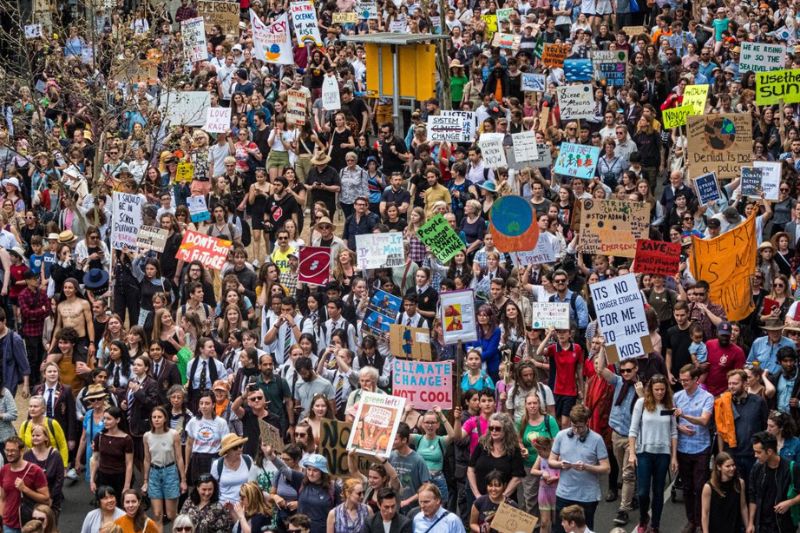
ENVIRONMENT
- Andrew Hamilton
- 05 June 2024
Days like World Environment Day aim to combat apathy, urging action against the grim realities of climate change. Despite dire headlines, there are grounds for hope, if not for optimism. Any change in environment for the better must be grounded in a change of heart.
READ MORE
-
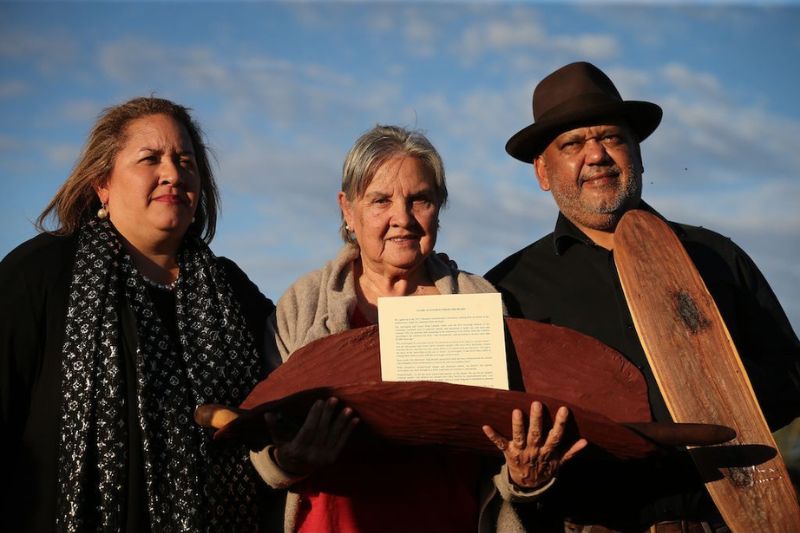
AUSTRALIA
- Frank Brennan
- 07 February 2024
12 Comments
The referendum result was a disaster for the country and a tragedy for First Australians and there has been little appetite for public discussion about lessons to be learnt from this abject failure. If we are to move forward, it’s time to begin the conversation about past mistakes.
READ MORE
-
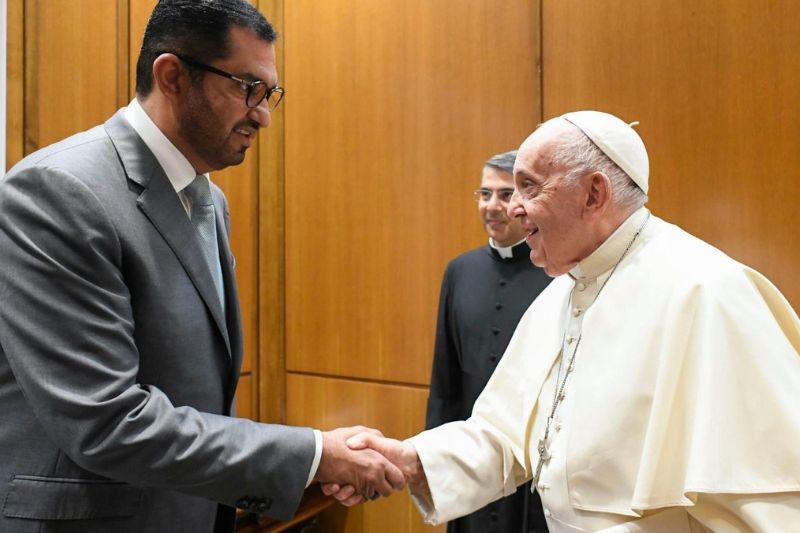
ENVIRONMENT
- Andrew Hamilton
- 12 October 2023
3 Comments
Pope Francis' latest Exhortation 'Laudate Deum,' is an evocative sequel to 'Laudato Si’, juxtaposing the urgency of our environmental predicament with the fragility of human hope. Before the upcoming COP28 conference, as nations teeter between action and inertia, the Pope's message is clear: our shared environment, and the most vulnerable among us, hang in the balance.
READ MORE
-
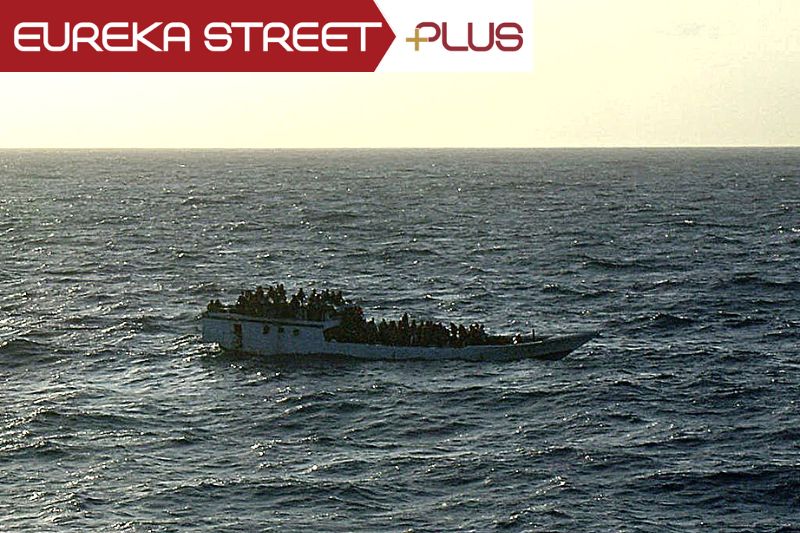
AUSTRALIA
- Kerry Murphy
- 28 July 2023
How has Australia's asylum seeker policy changed over the past thirty years? The approach of every government has reflected the shifting political landscapes and challenging humanitarian issues that have continually shaped Australia's response to those seeking refuge.
READ MORE 
-
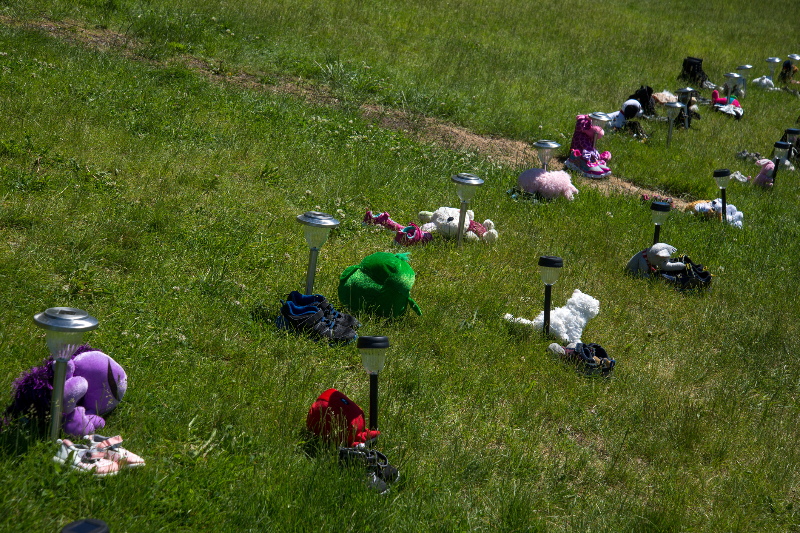
AUSTRALIA
- Celeste Liddle
- 12 August 2021
9 Comments
Across the Pacific Ocean, in Canada or ‘Turtle Island’ as it is also known by many of its Indigenous inhabitants, a horror has been unfolding. It started at a the former residential school in Kamloops, British Colombia where, via the use of ground penetrating radar technology, the remains of at least 215 Native Canadian children were found buried in mass unmarked gravesites. This school ran for 85 years, was part of compulsory government programs to forcibly assimilate these children, and was administered by the Catholic Church.
READ MORE 
-
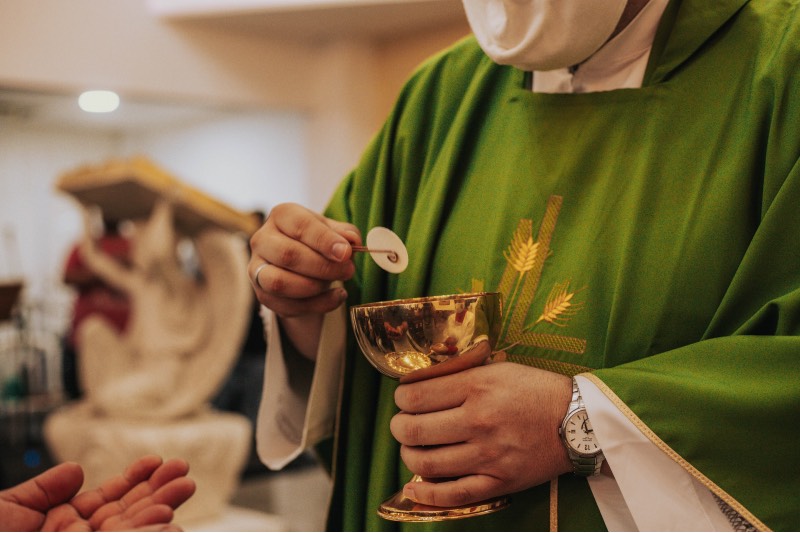
RELIGION
- Andrew Hamilton
- 08 July 2021
38 Comments
Looking from outside at the debates among American Catholics about whether President Biden should be refused communion has been a little like watching the crowd in a Rangers v Celtic game in Glasgow. Much that was said and done fervently in the name of faith showed little familiarity with it. To understand the issue we must enter the Catholic imaginative world in which the Eucharist is central.
READ MORE 
-
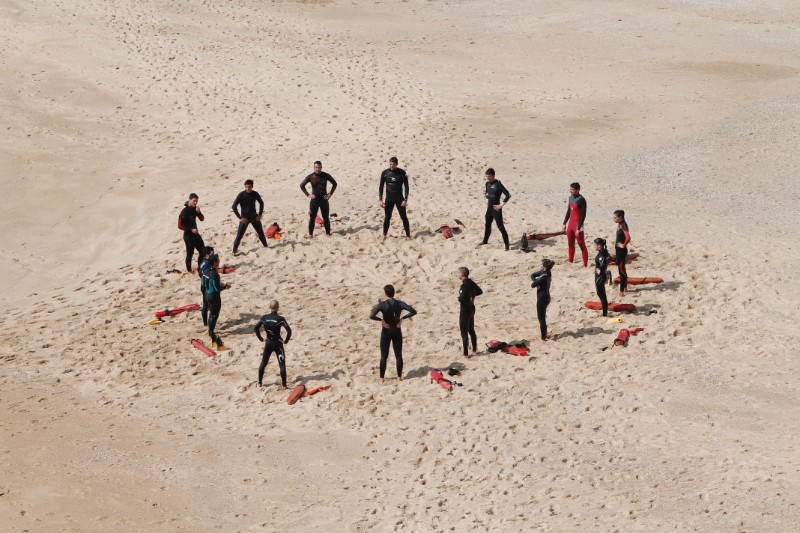
AUSTRALIA
- Andrew Hamilton
- 21 May 2020
7 Comments
In recovering from catastrophic events, we need to look beyond the simple defining of problems, finding solutions that match them and naming agencies responsible to fix them. We need to be curious about the persons involved, their interlocking relationships which have contributed to the trauma and the possibilities for healing within those relationships.
READ MORE 
-
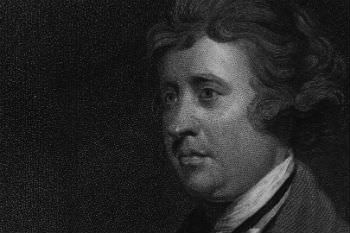
INTERNATIONAL
- Max Atkinson
- 02 August 2019
17 Comments
Now that the UK is in the final phase of leaving the Union we should ask, before the bell tolls, how much this misadventure — or folie de grandeur — was due to politicians putting their interests above those of the nation, ignoring democratic theory and long-settled constitutional practice.
READ MORE 
-
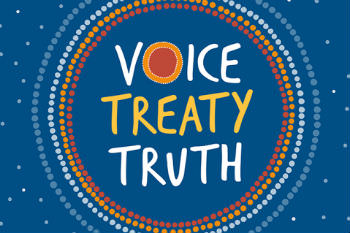
AUSTRALIA
- Andrew Hamilton
- 08 July 2019
5 Comments
The NAIDOC theme returns to the other side of the relationship between First and later Australians — that of unity within a single nation — and invites cooperation in a project that matters to all Australians. At stake is not simply the fulfilment of Indigenous hopes but shared pride in an Australian identity.
READ MORE 